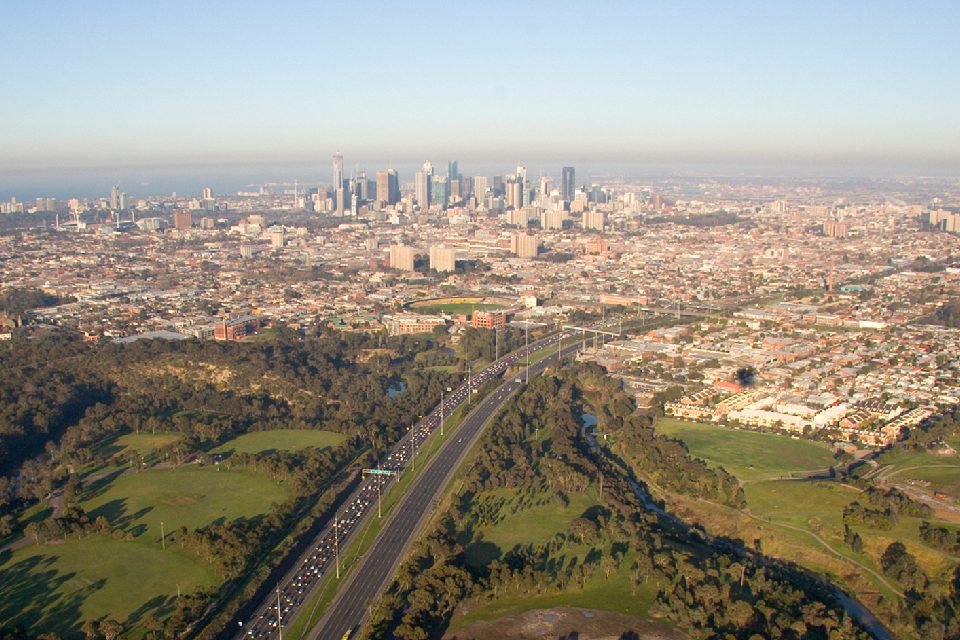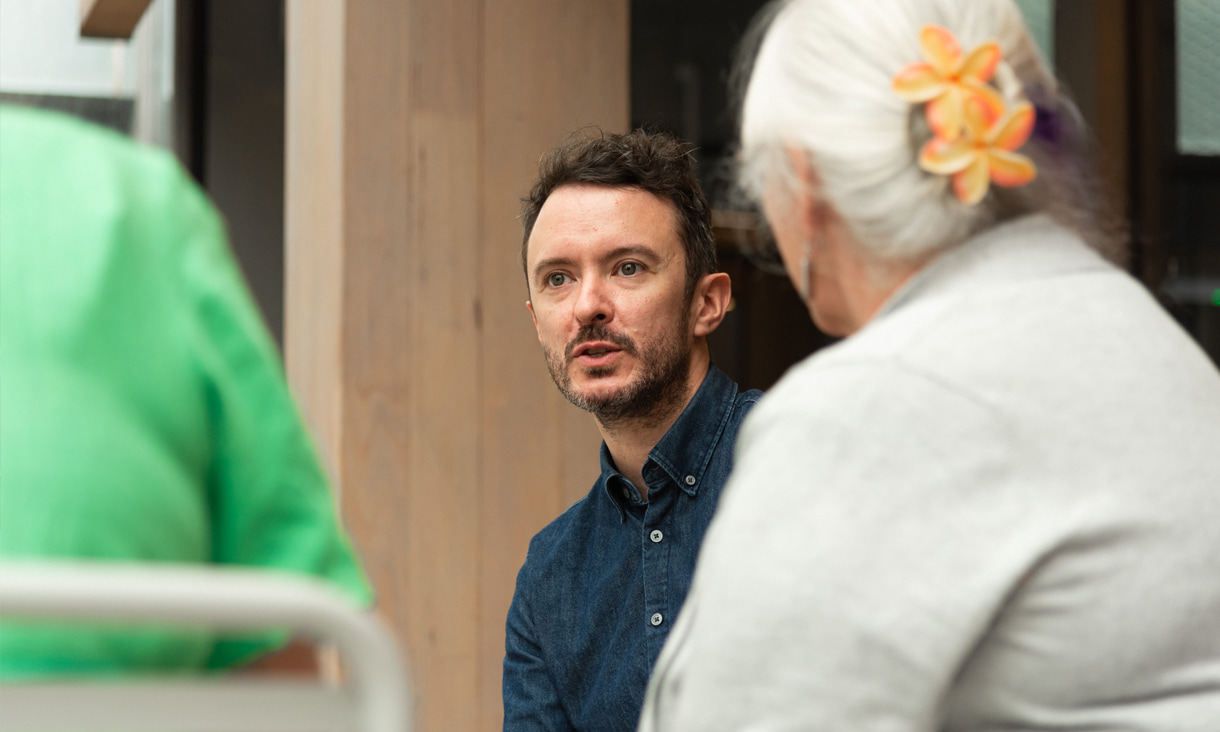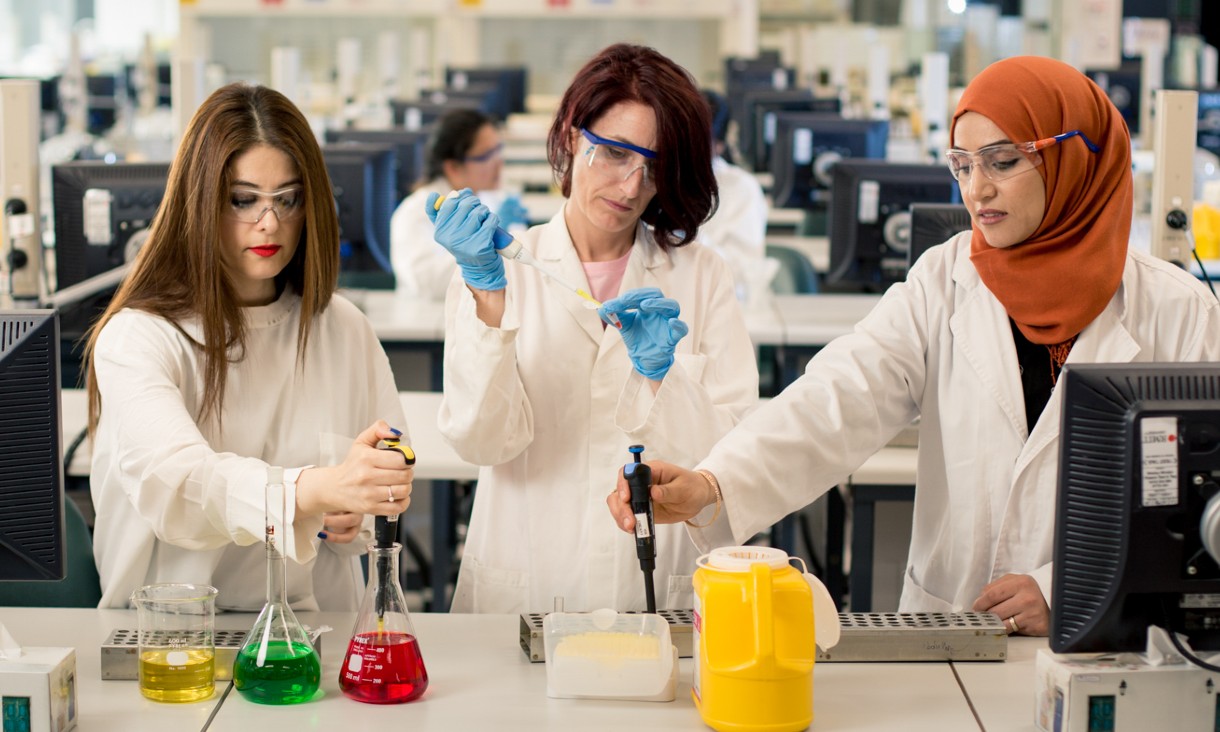How to become a support worker
Empower individuals by enhancing daily independence and providing compassionate care across diverse settings.
How to become a psychologist
Build a career exploring human behaviour, promoting mental health, and providing therapeutic support.
What can I do with a degree in psychology?
There’s a world of options for people interested in the life of the mind.
How to become a criminologist
Make a positive difference in society through crime prevention.
What can I do with a degree in criminology?
Drive meaningful change in a society with a degree in criminology by tackling real-world challenges in law enforcement, policy development, and community support.




















